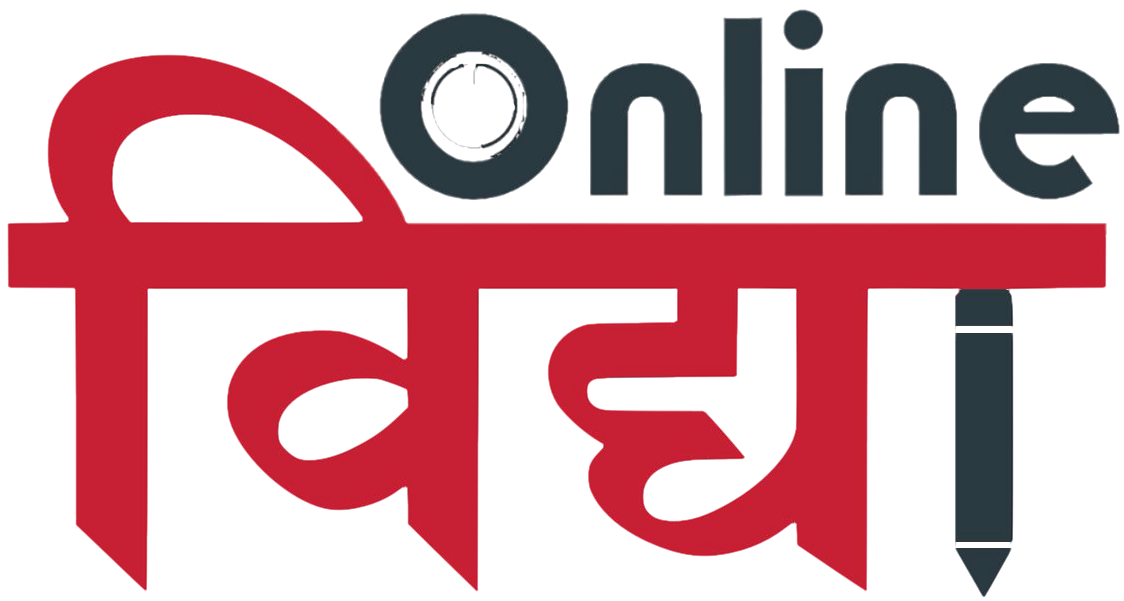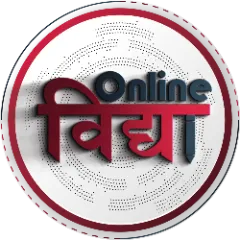
Distance M.Com
Link copied to ClipboardDistance learning M.Com course refers to the Master of Commerce postgraduate degree pursued through distance learning mediums.
Highlights
Offered By - 3 Universities
Course Duration - 2 years
Course Eligibility - The eligibility criteria to apply for Distance M.Com programs are: Successful completion of a Bachelor's degree in Commerce (B.Com/B.Com Honors) The minimum aggregate mark in graduation is 50 Basic understanding of quantitative concepts, statistics, acc
Get more information about Distance M.Com
Fill in these details and unveil the power of Distance M.Com
Your Personal Data is safe with us.
Distance M.Com :Course details, Eligibility, Fees, Duration
Introduction
Distance M.Com refers to the Master of Commerce postgraduate degree pursued through distance learning mediums. It provides professionals and students the flexibility to gain advanced academic knowledge in management, accounting, finance, taxation, and other commerce domains while working full-time. Distance M.Com is an excellent alternative for those unable to enroll in regular campus programs due to constraints.
The curriculum and course content is equivalent to full-time M.Com, imparting contemporary industry-relevant skills. Reputed universities and institutes across India offer distance M.Com programs tailored specifically for working executives, entrepreneurs, and professionals from Commerce backgrounds seeking to boost their career growth and prospects. The teaching methodology blends recorded lectures, online resources, virtual classes, discussions, and real-world case analysis to provide an immersive learning experience comparable to in-class programs.
Course Details
Mcom distance education curriculum covers subjects like Financial Accounting, Corporate Tax Planning, Business Statistics, Investment Management, Marketing Management, International Finance, Economics, E-Commerce, and more depending on the electives chosen. The focus is on building vital commerce-related competencies like analytical thinking, business acumen, managerial skills, financial analysis abilities, and strategic decision-making. Students have options to specialize in domains of interest like Marketing, Finance, Banking, Human Resources, Accounting, etc.
This enables honing niche industry-relevant expertise to excel in the chosen professional field. Examinations are conducted online as well as in physical centres for convenience. Assignments, project reports, presentations, and other academic submissions are accepted electronically. E-libraries provide access to books, journals, case studies, and learning resources. The m.com course curriculum, program structure, and delivery focus on imparting the latest management knowledge along with practical finesse valued by recruiters.
Key Highlights
Some major highlights of Distance M.Com programs are:
- Convenient format for working professionals to gain academic credentials and career growth without career breaks
- Learn at your own comfortable pace and schedule without impacting job responsibilities
- Options to specialize in in-demand commerce domains like Finance, Taxation, Marketing, HR, etc.
- Recognized by leading private, and public sector companies and meets eligibility for competitive exams
- Promotes work-life balance and saves relocation time/costs, unlike full-time programs.
- Newer technologies like video lectures, online classes, and access to e-resources provide an excellent learning experience
- Develops vital commerce skills - accountancy, financial analysis, taxation, and business acumen valued by industry
Eligibility Criteria
The eligibility criteria to apply for Distance M.Com programs are:
- Successful completion of a Bachelor's degree in Commerce (B.Com/B.Com Honors)
- The minimum aggregate mark in graduation is 50
- Basic understanding of quantitative concepts, statistics, accountancy, taxation, and aptitude for finance roles.Strong written and verbal communication skills for management education. Familiarity with English is preferred.
- There are no strict age limits or bars for distance programs. Suitable for all age groups.
- The admission process involves online application submission, document verification, qualifying exam scores (if applicable), and fee payment.
Also Read: What are the Approvals for Universities in India?
Course Fee
The academic fees for Distance M.Com programs at government institutes like IGNOU, Delhi University, and Annamalai University range between INR 10,000 - 50,000. Private institutes and certain autonomous colleges charge upwards of INR 50,000 to 1 lakh based on brand value. Additional costs for prescribed books, online resources, access to portals, libraries, etc. may apply.
Also Read: MCom: Full form, Admission 2024, Fees, Syllabus, Entrance Exam & Career Scope
Course Duration
Distance M.Com is usually a 2-year program similar to full-time M.Com. The 2-year duration consists of:
- 4 semesters of 6 months each
- Semesters comprise teaching blocks of 8-12 weeks with 2 weeks of exams
- Participants need to allocate 10-15 hours per week for coursework including self-study
Career Opportunities
Pursuing Distance M.Com opens up diverse career opportunities and growth avenues across commerce sectors:
- Banking - As managers, analysts, and financial advisors in leading private and public banks like HDFC, ICICI, SBI, etc..
- Financial Services - As business analysts, risk management professionals, accountants in insurance, stock trading firms
- Audit and Tax Consultancy - As audit officers, tax consultants, and accountants in KPMG, EY, PwC, Deloitte, etc.
- Corporates - As financial controllers, fund managers, and investor relations managers in top MNCs and Indian conglomerates
- Government Sector - Through competitive exams like RBI, SEBI, NABARD, etc. for prestigious government finance job roles
Additionally, graduates can independently practice as investment advisors, financial consultants, tax professionals, auditors, and more. Opportunities for qualified Chartered Accountants, Company Secretaries, and Lecturers also exist after gaining the degree. Average starting salary ranges between INR 3-6 lakhs p.a. for entry-level commerce roles. With upskilling and work experience, remuneration and seniority increase substantially in this domain.
Also Read: What is Distance M.Com? - Features, Syllabus, Opportunities
Benefits of Distance M.Com
Pursuing Distance M.Com has several key advantages for working professionals:
- Upgrades qualifications while continuing full-time employment, avoiding career breaks
- Schedule flexibility and self-paced learning convenient for busy working executives
- Saves additional time and costs related to travel or relocation unlike full-time programs
- Options for customizing electives and specializing as per interests - Marketing, HR, Finance, etc.
- Recognized by leading recruiters and meets eligibility criteria for competitive government examsPathway for
- senior leadership roles within current organization like promotion in banks, auditing firms, etc.
- Develops quantitative, financial analysis, managerial and accounting competencies valued in Commerce
- Lower fees make it an affordable option; scholarships are also available
- Newer digital learning methods like video lectures, and e-resources provide a great study experience
Other Distance Courses
| Distance MA | Distance M.Com |
| Distance MCA | Distance MSc |
| Distance B.Sc | Distance BBA |
| Distance BCA | Distance B.Com |
| Distance BA |
Overall, Distance M.Com helps working professionals pursue postgraduate management education in a convenient, affordable, and flexible while benefiting their careers.
Also Read: What is Distance learning & how it is beneficial for you
Frequently Asked Queries
The core curriculum of distance M.Com is similar to full-time programs. The key differences are - distance M.Com has fewer electives, and more focus on recorded video lectures, online assessments, and self-paced learning. Full-time programs involve more classroom teaching and in-person interactions.
Reputed institutes have dedicated placement cells and provide guidance, but active efforts from students are also needed. Campus drives are limited, but online career guidance, resume-building workshops, corporate networking meets, alum connections, and faculty mentorship are provided.
Graduates can work in accounting, banking, auditing, financial services, business consulting, teaching, and corporate finance roles in banks, NBFCs, MNCs, universities, and more. Government jobs through competitive exams are also an option. Entrepreneurship opportunities also exist for finance professionals.
Meet Our Counselling Experts
Get 100% Free Career Counseling









